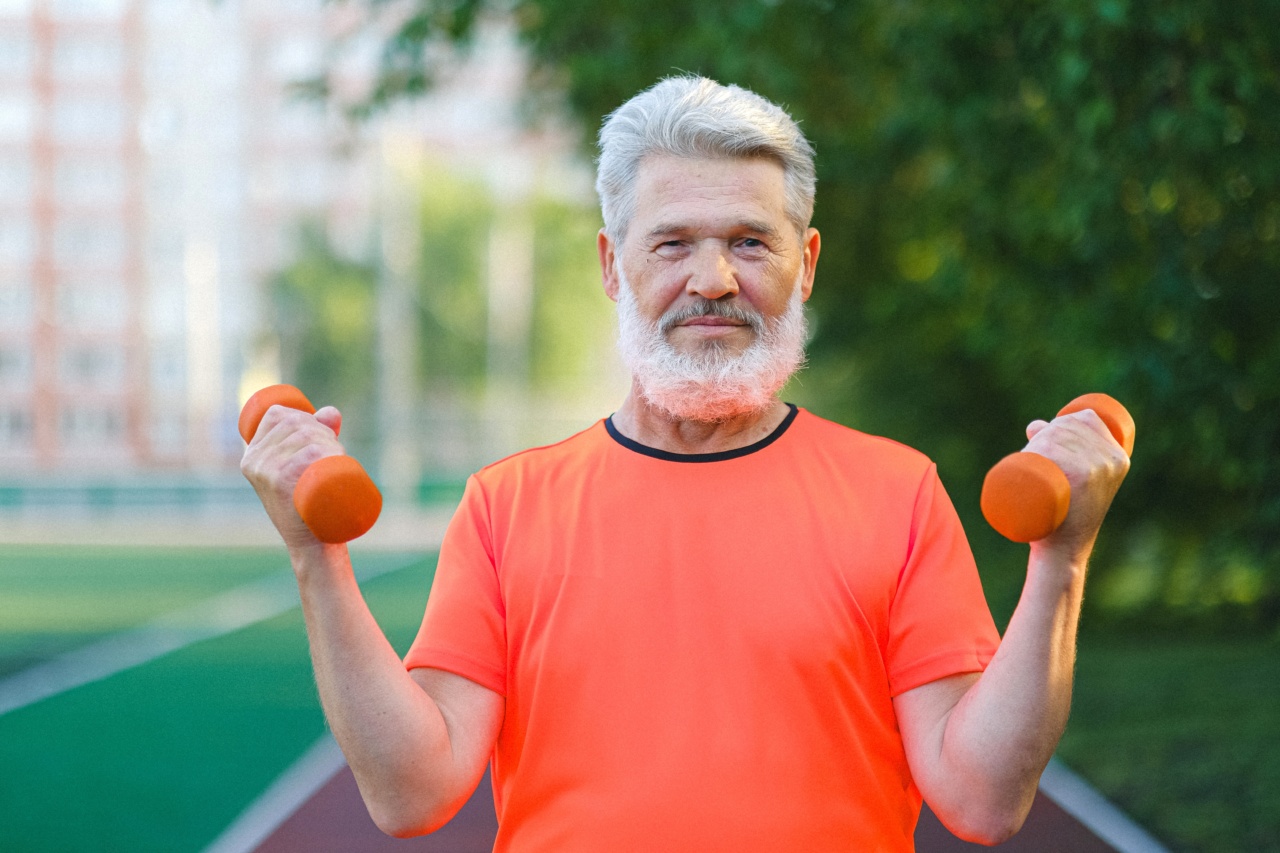Vitamin D is an essential nutrient that is required by the body to build and maintain strong bones. It also plays a crucial role in regulating the immune system, reducing inflammation, and improving overall health.
One of the primary sources of vitamin D is sunlight, which triggers the production of the nutrient in the skin. But as we age, the ability of the skin to produce vitamin D decreases, which can put the elderly at risk for a range of health problems.
In this article, we will explore the power of vitamin D for the elderly and how it can help them maintain their health and independence.
Why Do Elderly People Need Vitamin D?
As we grow older, our skin becomes less efficient at producing vitamin D in response to sunlight exposure. This is because the skin becomes thinner, loses elasticity, and contains less melanin, which reduces its ability to absorb UVB radiation.
Additionally, many elderly people spend less time outdoors, either due to physical limitations, fear of falling, or other reasons. As a result, the elderly are at a high risk of vitamin D deficiency, which can lead to a range of health problems, including:.
- Weak bones and fractures: Vitamin D is essential for calcium absorption, which is needed for strong bones. Without enough vitamin D, bones can become weak and brittle, increasing the risk of fractures, falls, and osteoporosis.
- Muscle weakness: Vitamin D plays a role in muscle function, and a deficiency can lead to muscle weakness, pain, and loss of balance.
- Depression and cognitive decline: Low vitamin D levels have been linked to depression, cognitive decline, and an increased risk of dementia and Alzheimer’s disease.
- Immune system dysfunction: Vitamin D is essential for a healthy immune system, and a deficiency can increase the risk of infections, autoimmune diseases, and certain types of cancer.
The Benefits of Vitamin D for the Elderly
The good news is that increasing vitamin D intake can help the elderly maintain their health and independence. Here are some of the benefits of vitamin D for the elderly:.
1. Strong bones and reduced risk of falls
Adequate vitamin D intake is essential for strong bones and can help reduce the risk of fractures and falls in the elderly.
In fact, studies have shown that vitamin D supplementation can reduce the risk of falls by up to 30% in elderly people living in nursing homes or assisted living facilities. Vitamin D works by improving calcium absorption in the body, which is needed for strong bones and muscles.
2. Improved muscle function
Vitamin D plays a crucial role in muscle function, and a deficiency can lead to muscle weakness, pain, and loss of balance.
Supplementing with vitamin D can improve muscle strength and function, which can help the elderly maintain their mobility and independence.
3. Reduced risk of depression and cognitive decline
Low vitamin D levels have been linked to depression, cognitive decline, and an increased risk of dementia and Alzheimer’s disease. Supplementing with vitamin D can help improve mood, cognitive function, and memory in the elderly.
One study found that elderly women who took vitamin D supplements had a significantly lower risk of depression compared to those who did not take supplements.
4. Enhanced immune function
Vitamin D is essential for a healthy immune system, and a deficiency can increase the risk of infections, autoimmune diseases, and certain types of cancer.
Supplementing with vitamin D can help enhance immune function, reduce inflammation, and lower the risk of chronic disease in the elderly.
How Much Vitamin D Do Elderly People Need?
The recommended daily intake of vitamin D for elderly people is 800-1000 IU per day. However, this amount may vary depending on various factors, such as age, skin color, geographic location, and health status.
Some elderly people may need higher amounts of vitamin D, especially those who have limited sun exposure or have a condition that prevents the absorption of vitamin D. It is recommended that elderly people have their vitamin D levels checked regularly and consult with their healthcare provider to determine the appropriate dosage of vitamin D supplements.
Sources of Vitamin D
In addition to sunlight, there are several food sources of vitamin D that can help elderly people meet their daily requirement. Some of the best sources of vitamin D include:.
- Fatty fish: Salmon, tuna, and mackerel are excellent sources of vitamin D.
- Egg yolks: Egg yolks contain small amounts of vitamin D.
- Mushrooms: Mushroom naturally produce vitamin D when exposed to sunlight.
- Fortified foods: Many foods, such as milk, yogurt, and cereal, are fortified with vitamin D. Check the label to ensure the fortified food contains vitamin D.
- Vitamin D supplements: Vitamin D supplements are available in various forms, such as pills, capsules, and liquids.
Conclusion
Vitamin D is an essential nutrient that is required by the body to maintain optimal health, especially in the elderly.
Adequate vitamin D intake can help reduce the risk of falls, improve muscle function, enhance immune function, and reduce the risk of depression and cognitive decline. Elderly people should strive to get enough vitamin D through a combination of sunlight exposure, diet, and supplementation.
If you are an elderly person, it is important to talk to your healthcare provider about your vitamin D needs and to get your vitamin D levels checked regularly.































